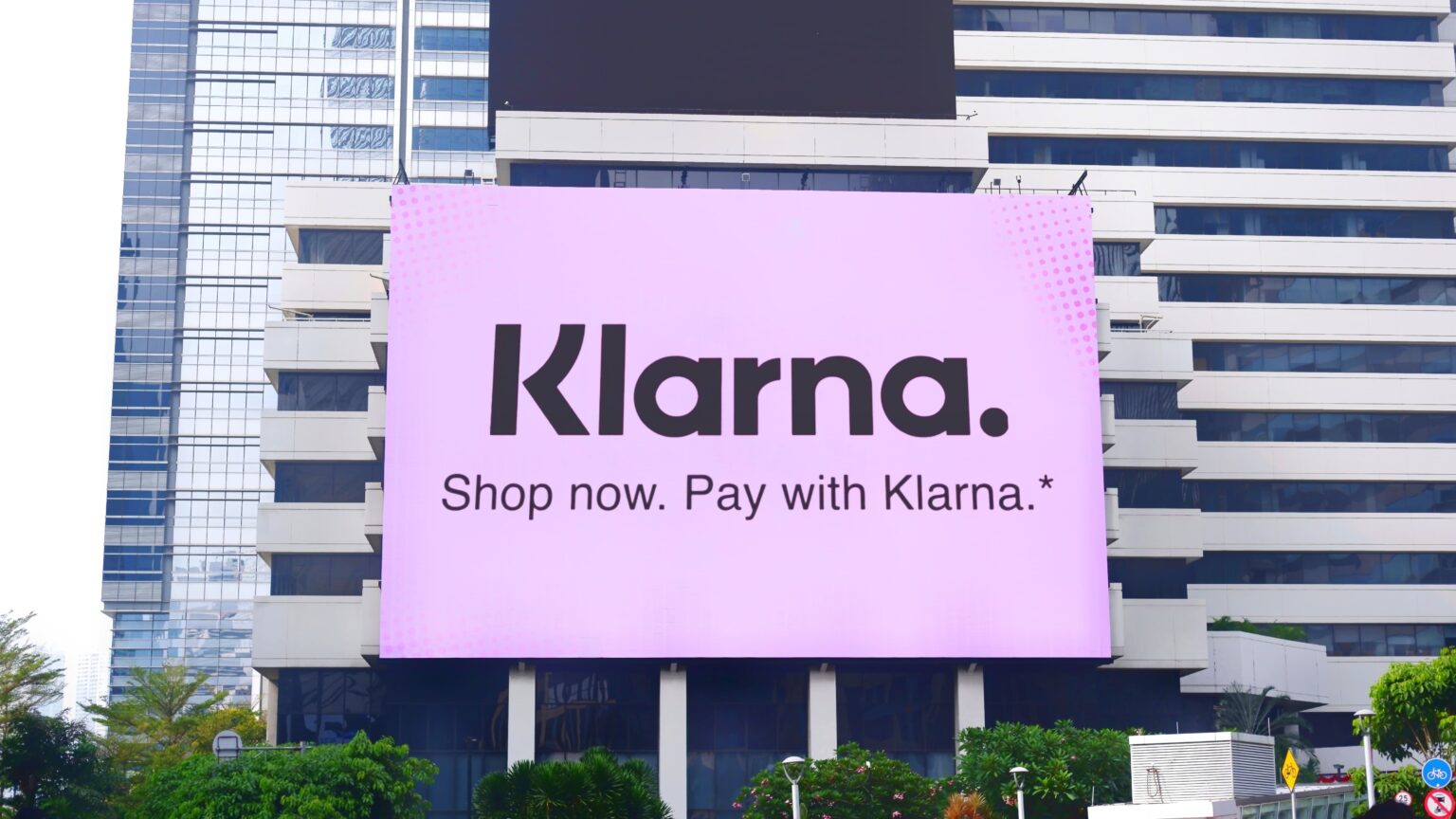Klarna, the Swedish fintech giant best known for its “buy now, pay later” (BNPL) services, has launched a new debit card in the United States as part of a strategy to broaden its product portfolio and appeal to a wider consumer base. This major move marks Klarna’s ambition to evolve from a pure BNPL provider into a more comprehensive financial services company, directly challenging traditional banks and digital-first competitors alike.
The debit card, designed in partnership with Visa, allows users to choose between paying for purchases upfront or spreading costs over several interest-free installments—Klarna’s signature offering. Available for both online and in-store use, the card lets consumers enjoy greater flexibility in managing their finances. Klarna’s U.S. debit card is issued by Utah-based WebBank, as Klarna itself does not hold a U.S. banking license. Customers can select from three card colors—aubergine, black, and bright green—and choose between a free plan or two paid tiers, each featuring varying levels of rewards such as discounts or cashback.
Responding To A Shifting Market And Consumer Demand
The launch comes at a time when consumers are increasingly seeking alternatives to credit cards and traditional bank accounts. Klarna’s entry into the debit card market aligns with a broader trend in the fintech industry: expanding services to keep users engaged and drive revenue from a larger suite of financial tools. “We want to offer more choice, more control, and more value to our customers wherever they shop,” said a Klarna spokesperson during the U.S. pilot announcement.
The card’s unique selling point lies in its flexibility. Cardholders can use the Klarna card as a typical debit card or split payments into installments at the point of sale, both in brick-and-mortar stores and online. For shoppers, this means greater budgeting control and less reliance on high-interest credit cards. The service targets tech-savvy millennials and Gen Z consumers who have come to expect seamless, mobile-friendly financial services.
Klarna, which boasts more than 150 million active users across 45 markets, says the debit card is an extension of its mission to “reshape how people pay and shop.” The company’s U.S. General Manager, David Sykes, stated, “The future of payments is flexibility and transparency. The Klarna debit card gives customers both.”
European Rollout And The Global Fintech Race
Following the U.S. pilot, Klarna intends to bring the debit card to key European markets by the end of the year. In Europe, Klarna will face a competitive environment with digital challengers such as Revolut, N26, and Monzo, which have all expanded rapidly by offering innovative debit and banking services.
Klarna’s move is strategic: by integrating everyday payment tools, the company aims to deepen user loyalty and increase transaction volume within its ecosystem. The expansion into debit cards also helps Klarna diversify beyond the BNPL model, which faces increased regulatory scrutiny in several countries due to concerns about consumer debt and financial transparency.
The broader rollout could position Klarna as a leading digital banking alternative. “We’re excited to bring our new debit card to more markets and continue developing products that empower our customers,” said Klarna’s Head of Product, Emilia Lindqvist.
Implications For Fintech And Consumer Finance
The debut of Klarna’s debit card reflects a significant trend in global finance: fintechs are aggressively moving into services that have long been the domain of banks. By combining the simplicity of digital payments with the flexibility of installment options, Klarna is blurring the lines between traditional banking, payments, and consumer credit.
Analysts say this expansion could increase competition among fintech firms and push established banks to innovate. “Consumers are demanding more personalized and convenient financial services, and companies like Klarna are responding rapidly,” said fintech consultant Jeremy Caldwell.
The move also comes as Klarna delays its U.S. IPO plans amid market uncertainty and shifting regulatory environments. While the company remains valued at around $7 billion after a steep drop from pandemic-era highs, it continues to invest in growth and customer acquisition.
For Klarna customers, the new debit card means more choice at the checkout—whether they want to pay now or later. For the broader industry, it signals that the race to offer integrated, user-friendly banking experiences is only just beginning.


